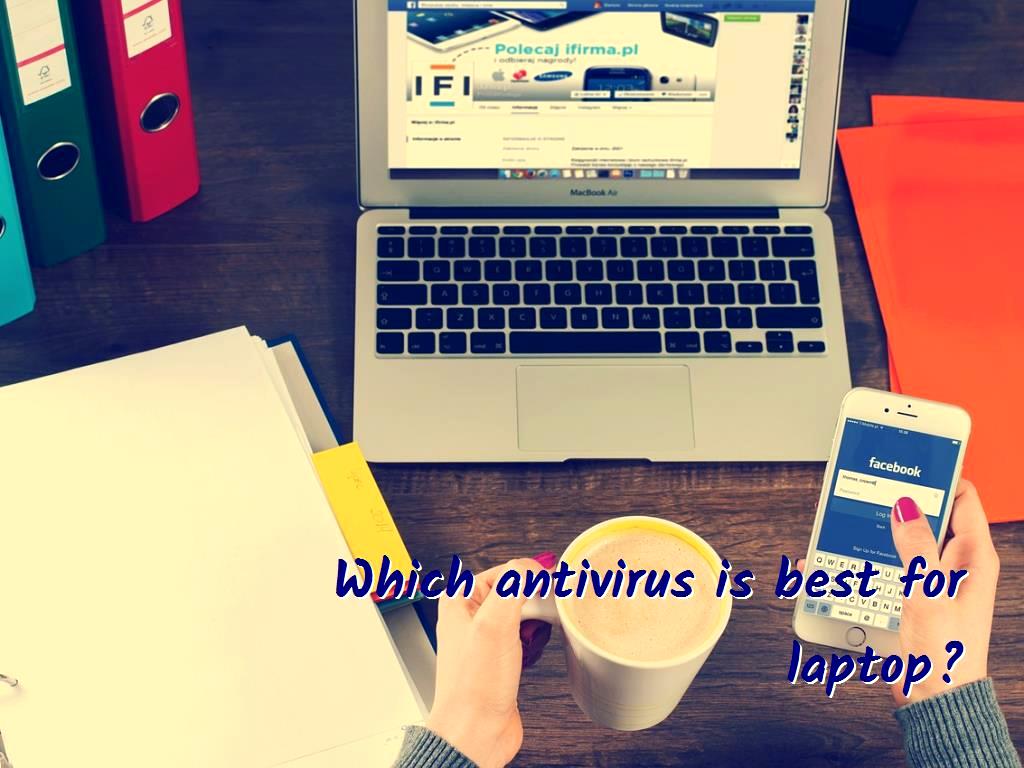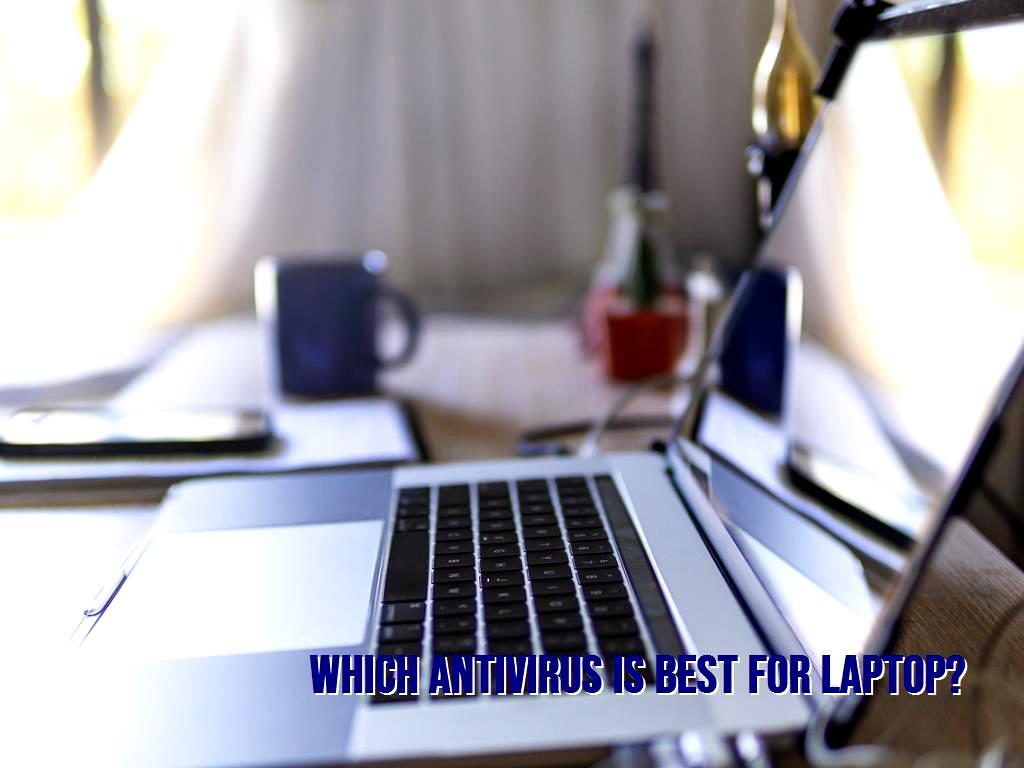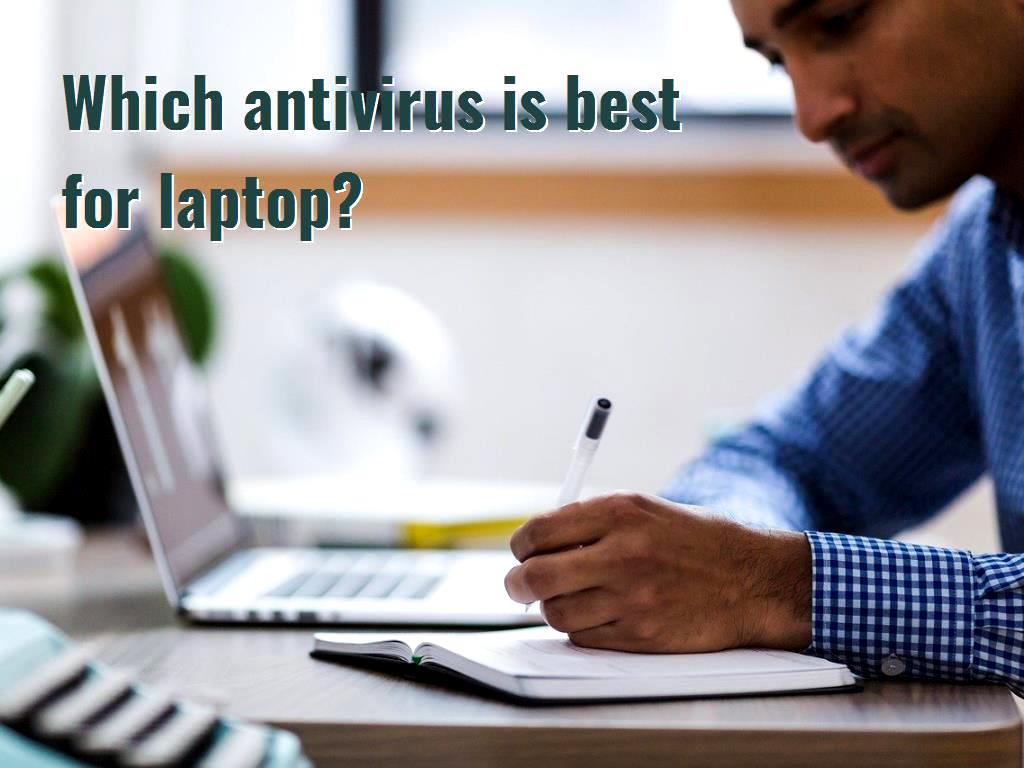Which antivirus is best for laptop?
7 minute(s) read | Published on: Dec 11, 2021 Updated on: Mar 25, 2022 |
If you are using an operating system, either laptop or computer, you probably searched for some good antiviruses once. In this article, we will focus on the best available antiviruses for the laptop, which might work for computers. First of all, we will see the features that could make an antivirus good. Then we will introduce some of them by mentioning the remarkable features that make them more useful and would convince people to use them.

About antivirus
Anti-violence software is designed precisely to protect systems against the threat of system viruses. Antiviruses are computer programs that browse files and detect and remove computer viruses and other cyberspace malware. An antivirus is a software that examines the information contained in a file and, if viruses or worms are observed, prevents them from entering and replicating into the system. It also warns the user and deletes the files to correct them or clean them according to the user's command.
One of the methods of virus detection is Database virus detection. It works by making a list of types of infections. When it scans the files, it compares them to its list, deleting or quarantining infected files. Algorithm-based virus detection is a method based on artificial intelligence that works by coding or reading algorithms or the behavior of an algorithm. There are just a few antiviruses that are acting successfully in reading algorithms.
How anti-violences work
Antivirus scans all executable files when they are logged in. They have a database and compare the contents of files with it. If they match some files, they will detect them as viruses. The three functions of antivirus are to inspect or detect, identify, and finally purge the system.
A good anti-malware features
- Ability to get updated offline
This feature is essential for systems that do not have internet access or for sensitive centers with limited internet connections.
- Anti-X
Being anti-X means when you have an anti-violence, you have an anti-spam, anti-swelling, anti-phishing, anti-malware as well.
- Ability to scan the system when it is booted
The virus replicates itself as a system file. The operating system cannot eliminate detected viruses. This feature allows the operating system to detect and destroy the virus when it boots.
- Low pressure for system and high scanning speed
Proper scanning speed is an essential feature of anti-violence. A good antivirus should perform scanning and normal system activities simultaneously.
- Backups
It is best to use an antivirus supported in your country and is not limited.
- Be easy to get used to by anyone
The best anti-malware features
- High ability to recognize and eliminate trojans
- No delay in the implementation of programs
- Save update files for future use
- High scanning speed
- Low application volume
- Lack of strict control over the execution of cracked software
- Patch Software

The best laptop anti-violence
With over 50 million users in 150 countries, Norton Lifelock is one of the leading providers of consumer security and a pioneer in the field of antivirus protection. The brand has won numerous antivirus awards from top labs, including AV-Comparatives, AV-Test, PcMag, and the Standard Anti-Malware Testing Organization. In the following, we will introduce some of the best antiviruses for laptops:
1- Bitdefender Antivirus
BitDefender has been around for almost 20 years since its initial release, and it has been significant improvements over the years. Internet Security, Anti-violence plus, and Total Security are well-known products of this company. They can be used on Windows and Mac operating systems.
Maximum coverage: 10 devices
Highlights: protection of payments, privacy tools, web protection, VPN
2- Norton2
Supported operating systems: Windows and Mac
Maximum covered devices: one device
Highlights: Smart firewall, backup tool along with online storage
3- Kaspersky Anti-Virus
Millions of people around the world use the products of this Russian company. Kaspersky Anti-Virus and Mobile Anti-Virus are the company's most used and well-known security products.
This antivirus provides a high level of protection.
Supported systems programs: Windows only
Maximum covered devices: 5 devices
Highlights: Fully customized virus scan
4- Trend Micro
Supported systems programs: Windows only
Maximum covered devices: 1 device
Highlights: High-quality URL protection
5- Webroot SecureAnywhere Laptop anti-violence
Supported systems programs: Windows and Mac
Maximum devices covered: 3 devices
6- Avast
Avast software company is located in the Czech Republic situated in the heart of Europe. Its virus, spyware, spam, and malicious emails perform good detection and cleaning. The Avast antivirus user interface is straightforward, and anyone can quickly work with it.
This antivirus has high security.
Supported operating systems: Windows, Mac, Android, iOS
Maximum number of covered devices: 10 devices
Highlights: High security
7- ESET
Node32 or East Smart is a powerful and specialized antivirus and security tool for experienced users. ESET manufactures and supports these products, and many users and security experts recommend this software. Node is very fast in identifying malicious programs, worms, and any malicious threats and has an up-to-date database.
Supported operating systems: Windows only
Maximum covered devices: 5 devices
8- Sophos Home
This antivirus is an excellent choice for protecting multiple devices.
Supported systems programs: Windows and Mac
Maximum covered devices: 10 devices
Highlights: Central management console, AI threat detection, advanced protection

How does anti-malware work?
In general, antiviruses use two main techniques or methods:
1- Code-based method
Most antivirus programs now use this technique. In this method, the host computer, memory drives, or files are searched to find a pattern that represents malware. These templates are usually stored in files called signature files. Antivirus software vendors update these files regularly to be able to detect as many malware attacks as possible. The main problem with the signature checking technique is that the antivirus software must have been previously updated to be able to deal with and neutralize the malware, so new malware that has not yet been detected and is added to the signature files will not be detected at the moment of its installation. Signature antiviruses often test files when they run, open and close, as well as when they are emailed. This detects a known virus as soon as it enters the computer. Antivirus programs can also be programmed to scan entire files on the hard disk regularly. Although the signature-based method is effective, virus writers are always trying to go one step further than antiviruses, and they do it by creating polymorphic viruses. Polymorphic viruses have an encryption defense mechanism. Malware uses this type of encryption as a defense mechanism that seeks to modify itself to avoid the risk of being detected by antivirus software. The malware usually encrypts itself with an encryption algorithm and then uses a different decryption key for each transformation. Thus, polymorphic malware can use many photography algorithms to prevent detection.
2- Behavior-based method
Unlike the previous method, the behavior-based way does not just try to detect known viruses but monitors all programs' behavior. This technique tries to identify available types and new types of malware by searching for standard malware features. For example, if an application tries to write data to another application, the behavior is detected as suspicious, and the user is warned. The user is then asked what needs to be done. Behavior-based antiviruses, unlike signature-based antiviruses, protect your computer against new viruses that do not have a signature in any dictionary. Of course, the problem with these antiviruses is many positive misdiagnoses and warnings to the user, which causes users to get tired and bored. If users respond to all notifications, the antivirus will be practically unused and will lose its effectiveness, so antiviruses are limiting the use of this method day by day. The method is also called heuristic search behavior because it detects suspicious behavior and malware. The most crucial benefit of this method is that it does not rely on signature files to detect and deal with malware.
Click to analyze your wesbite SEO